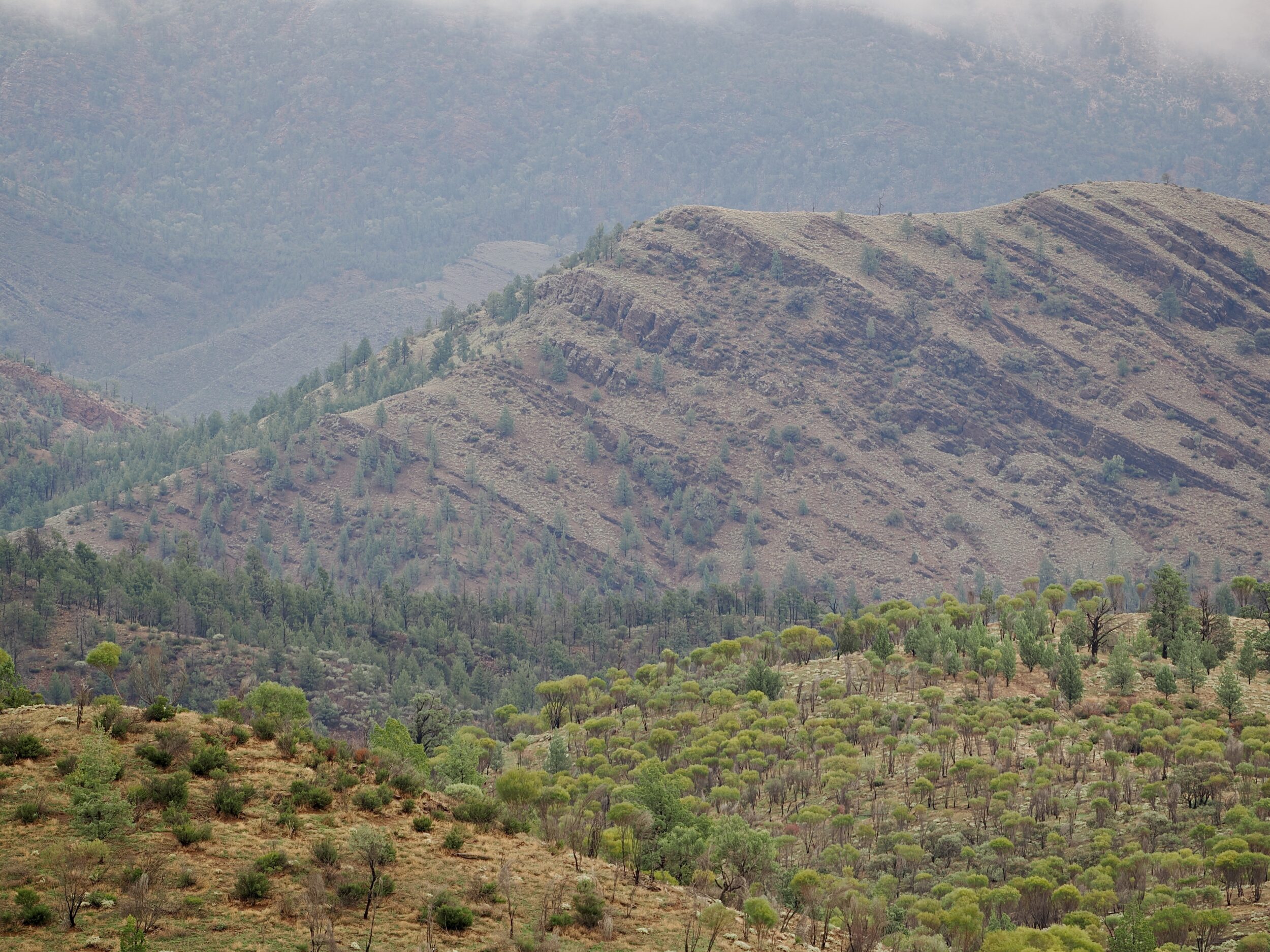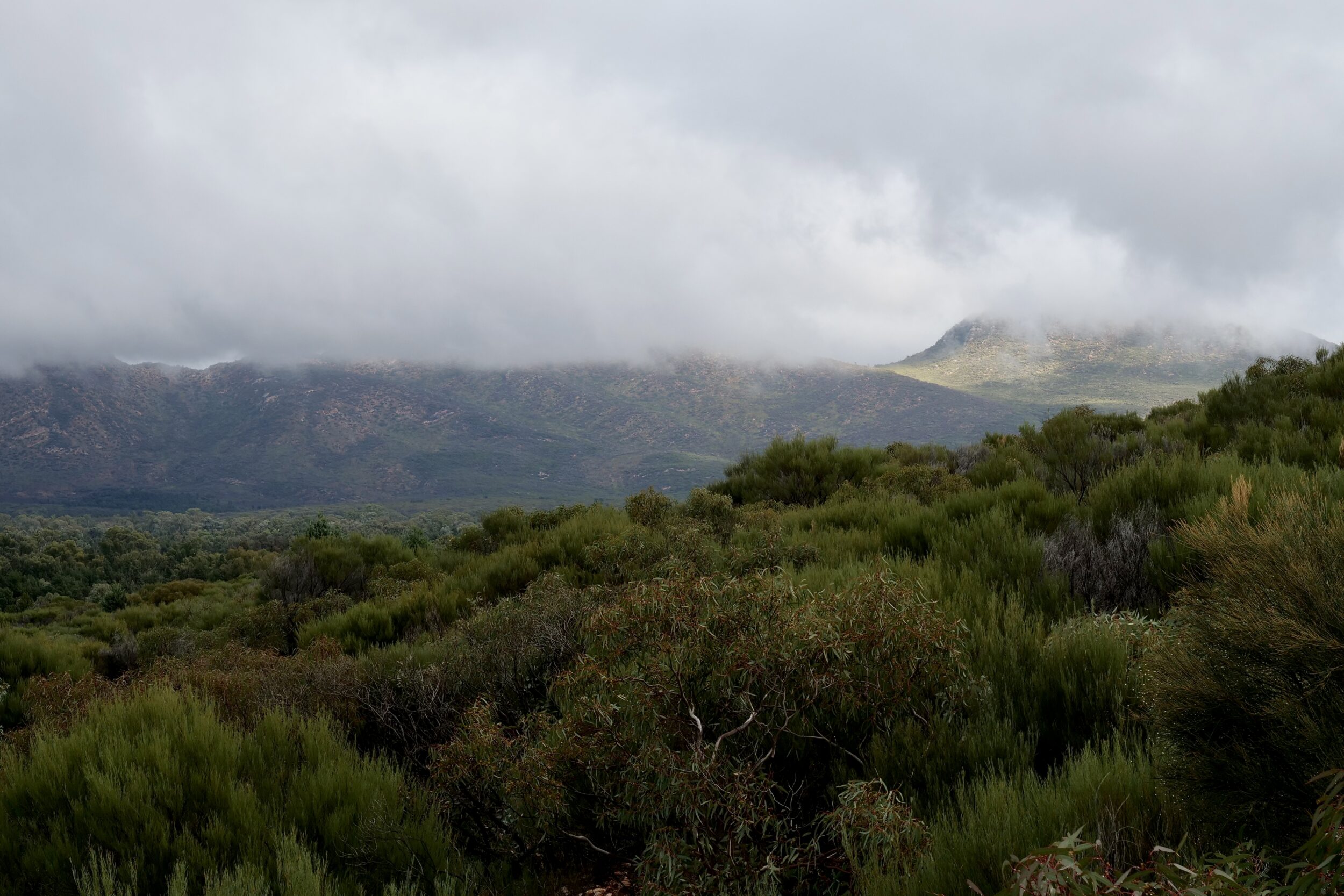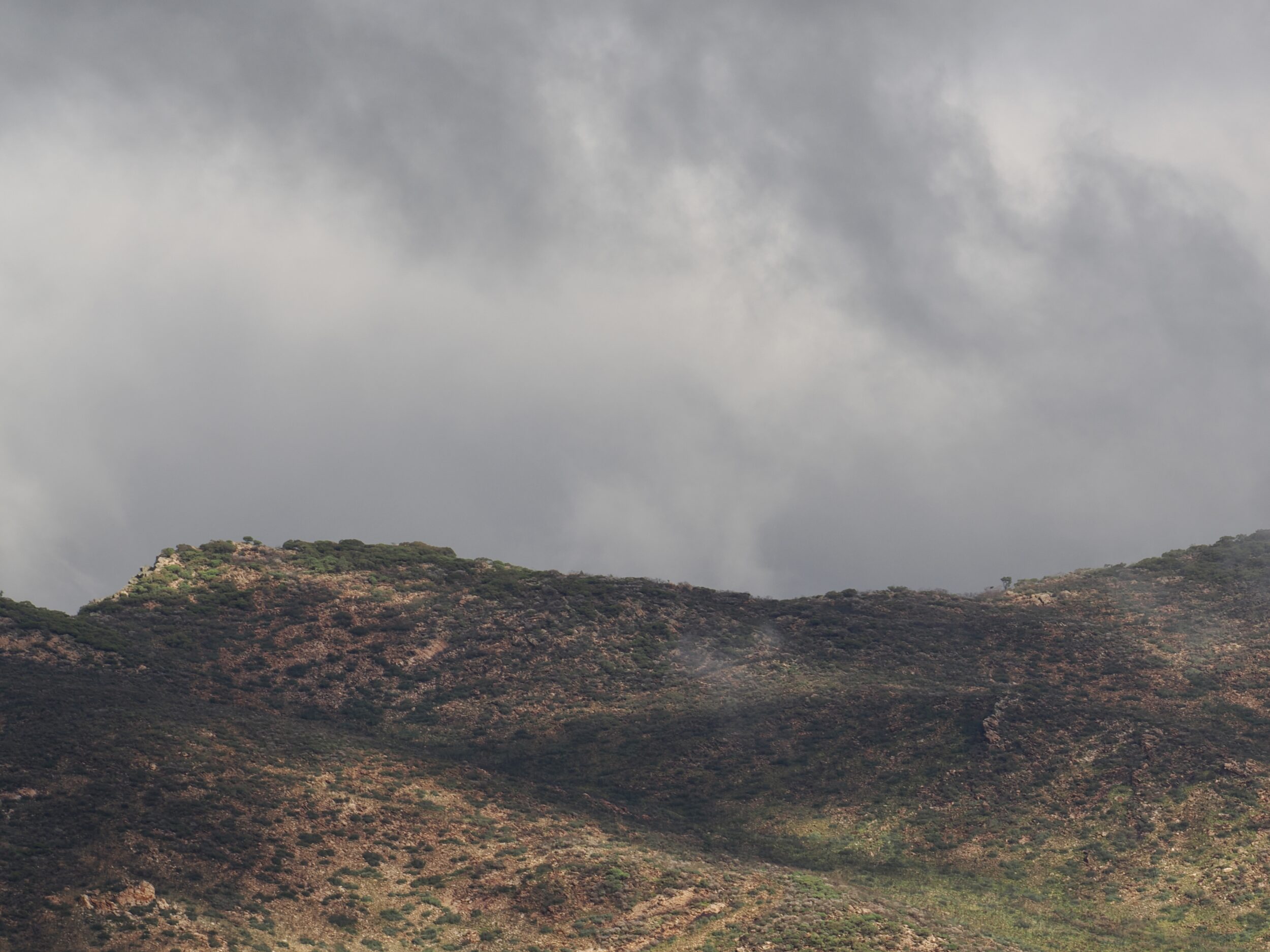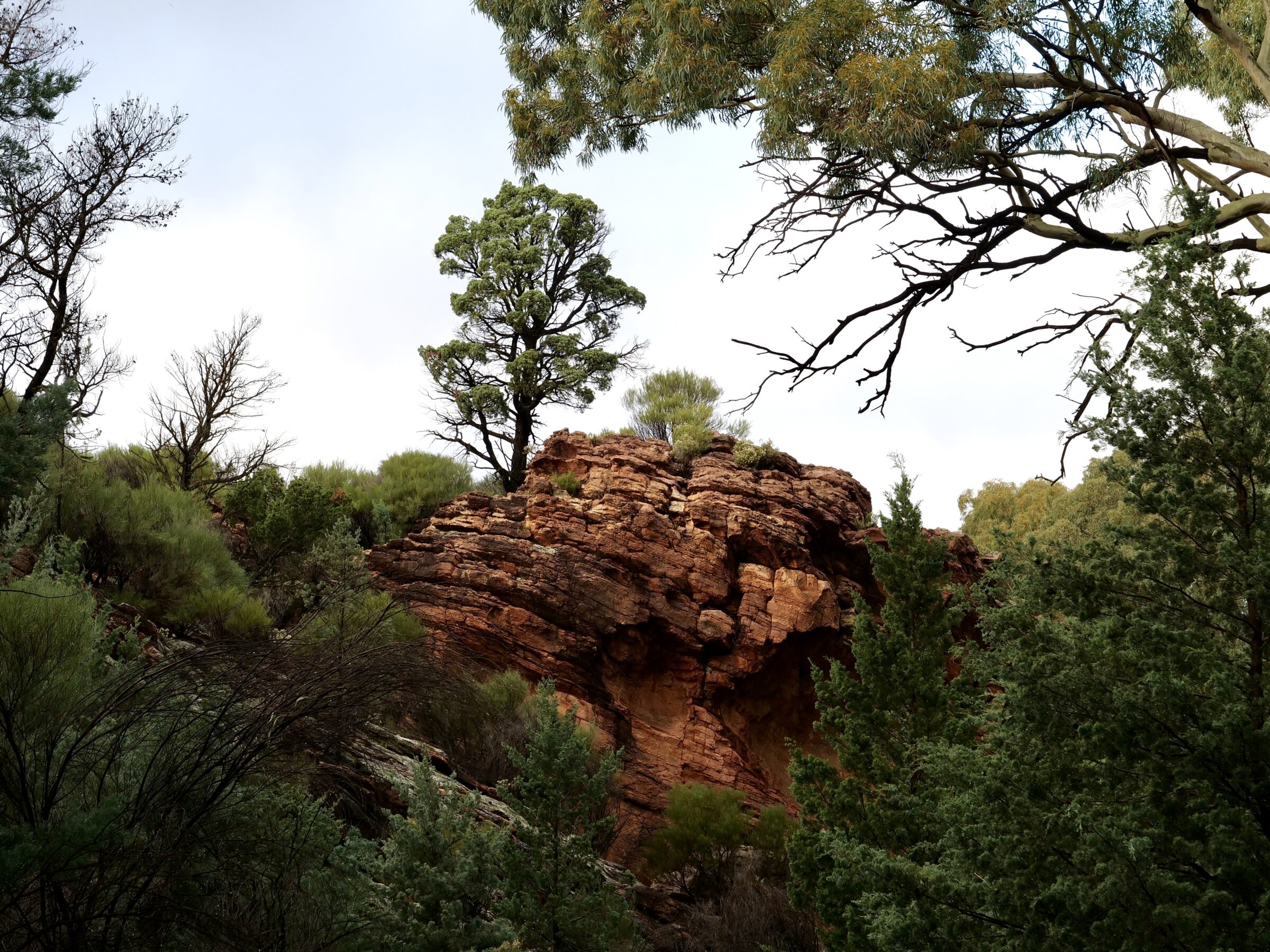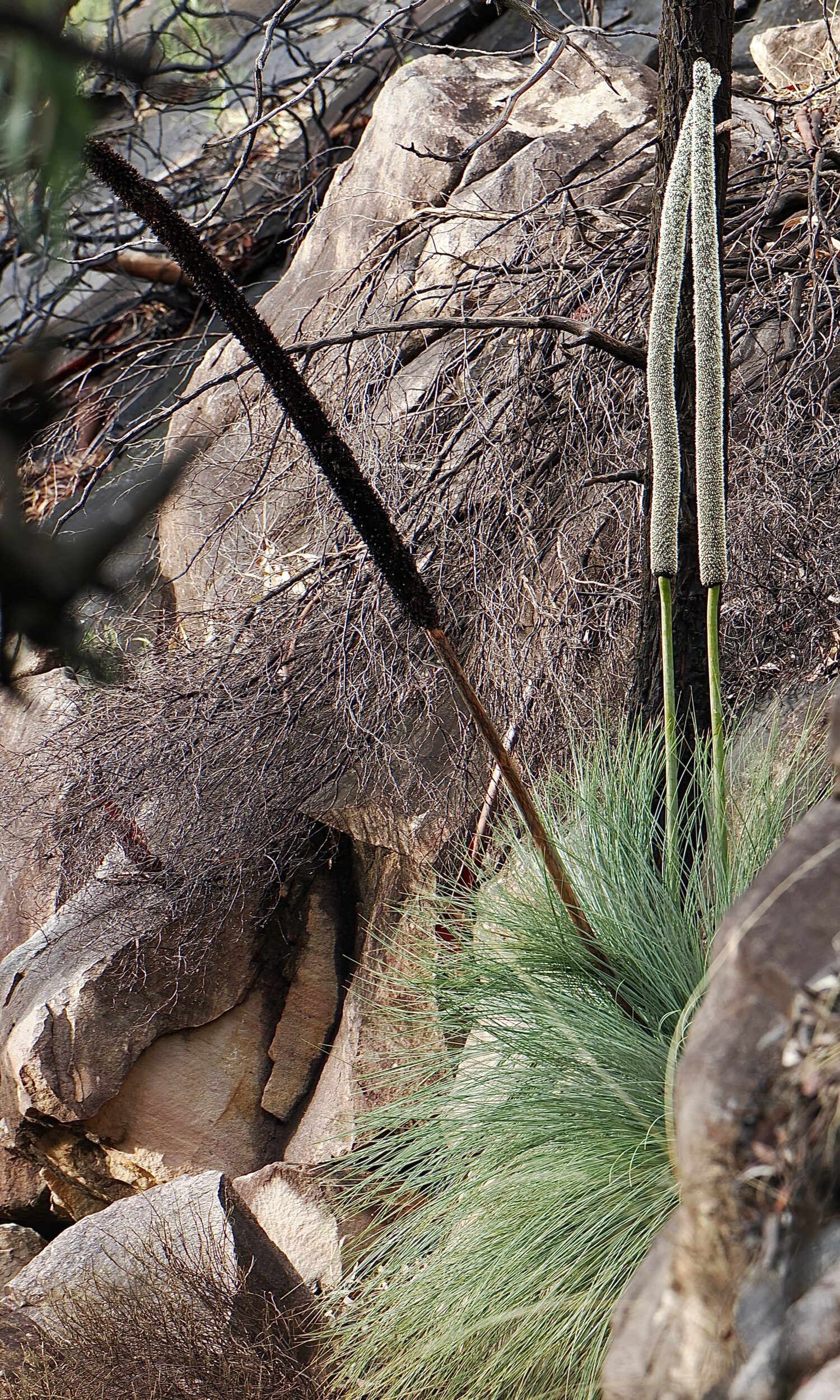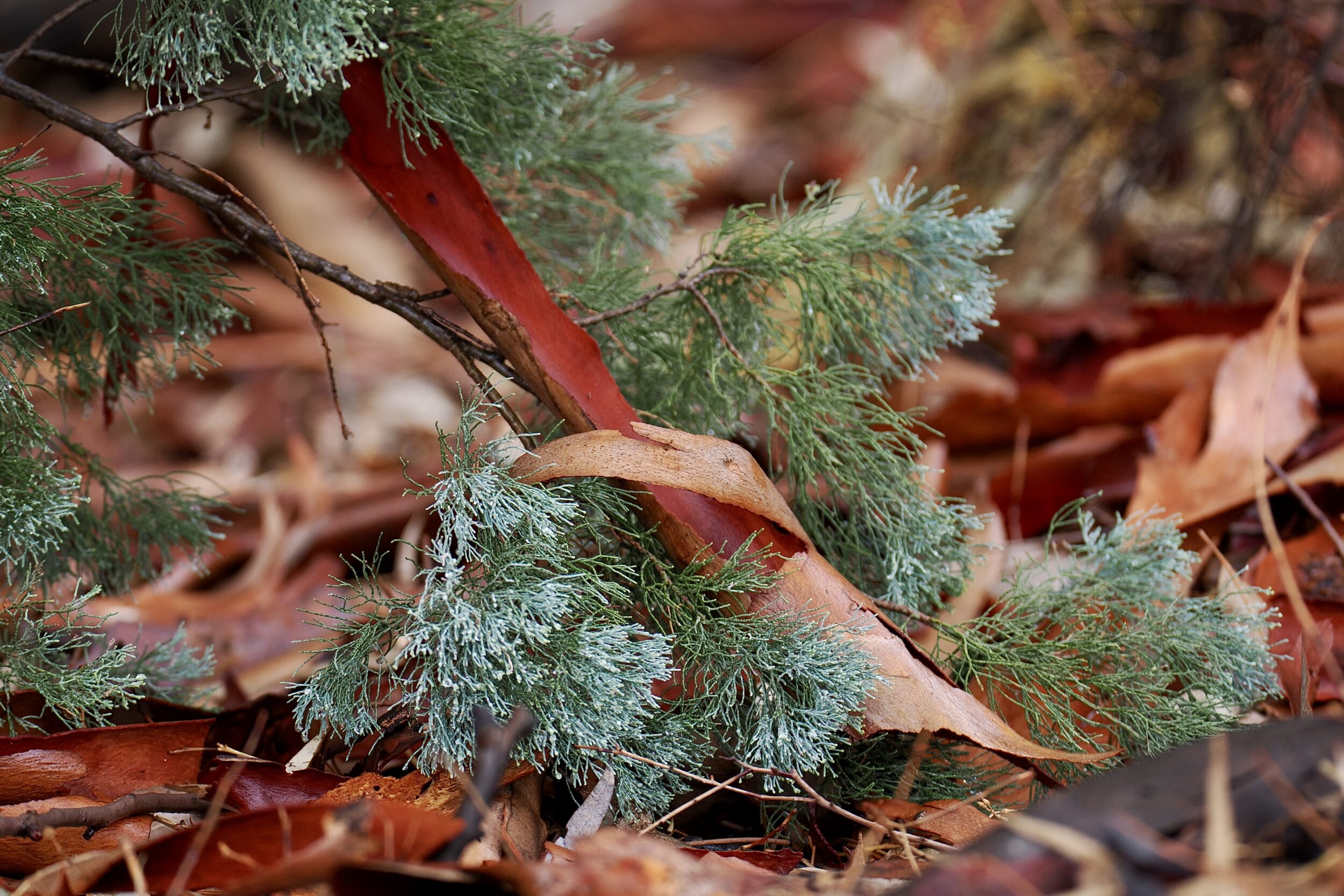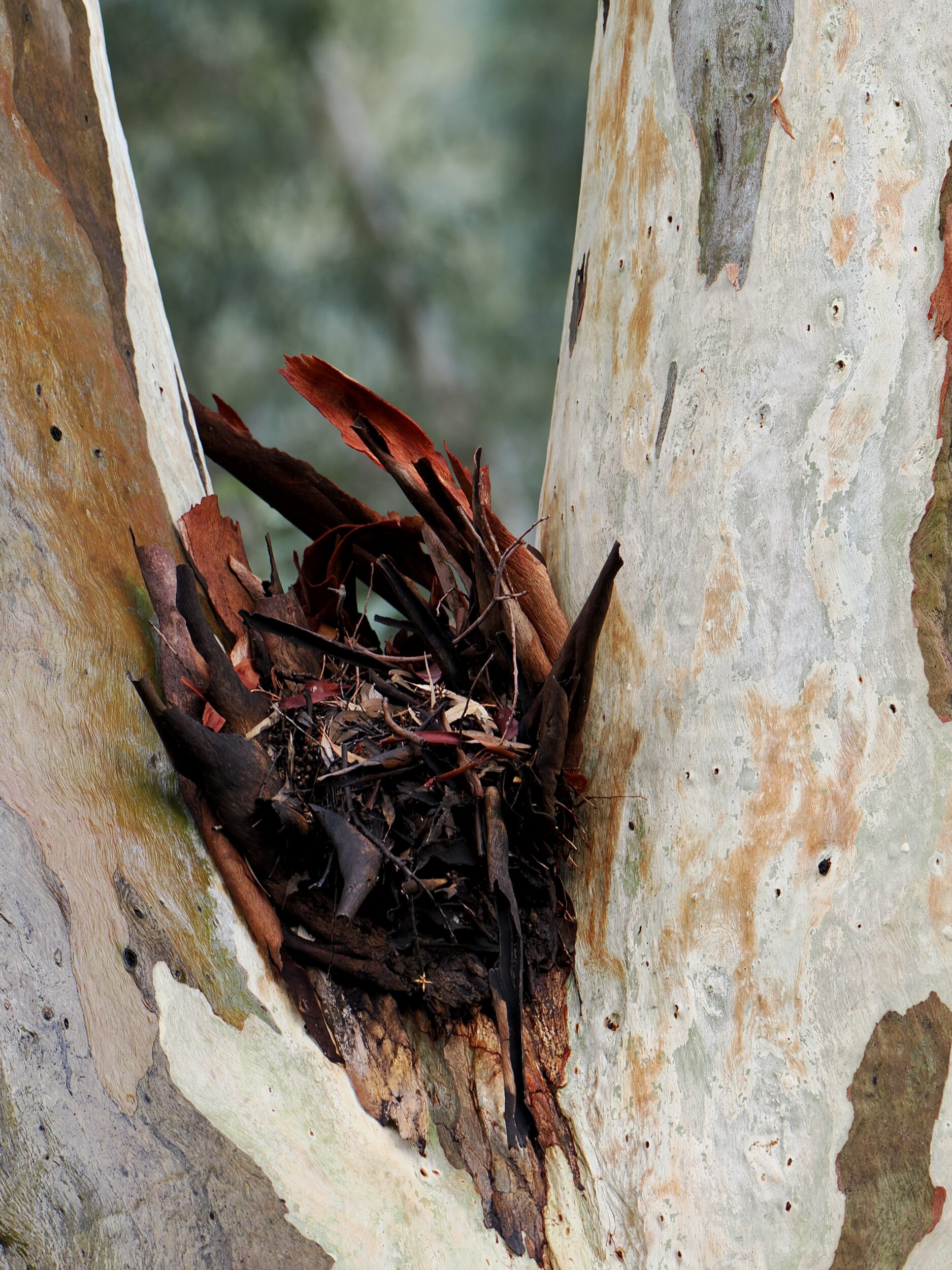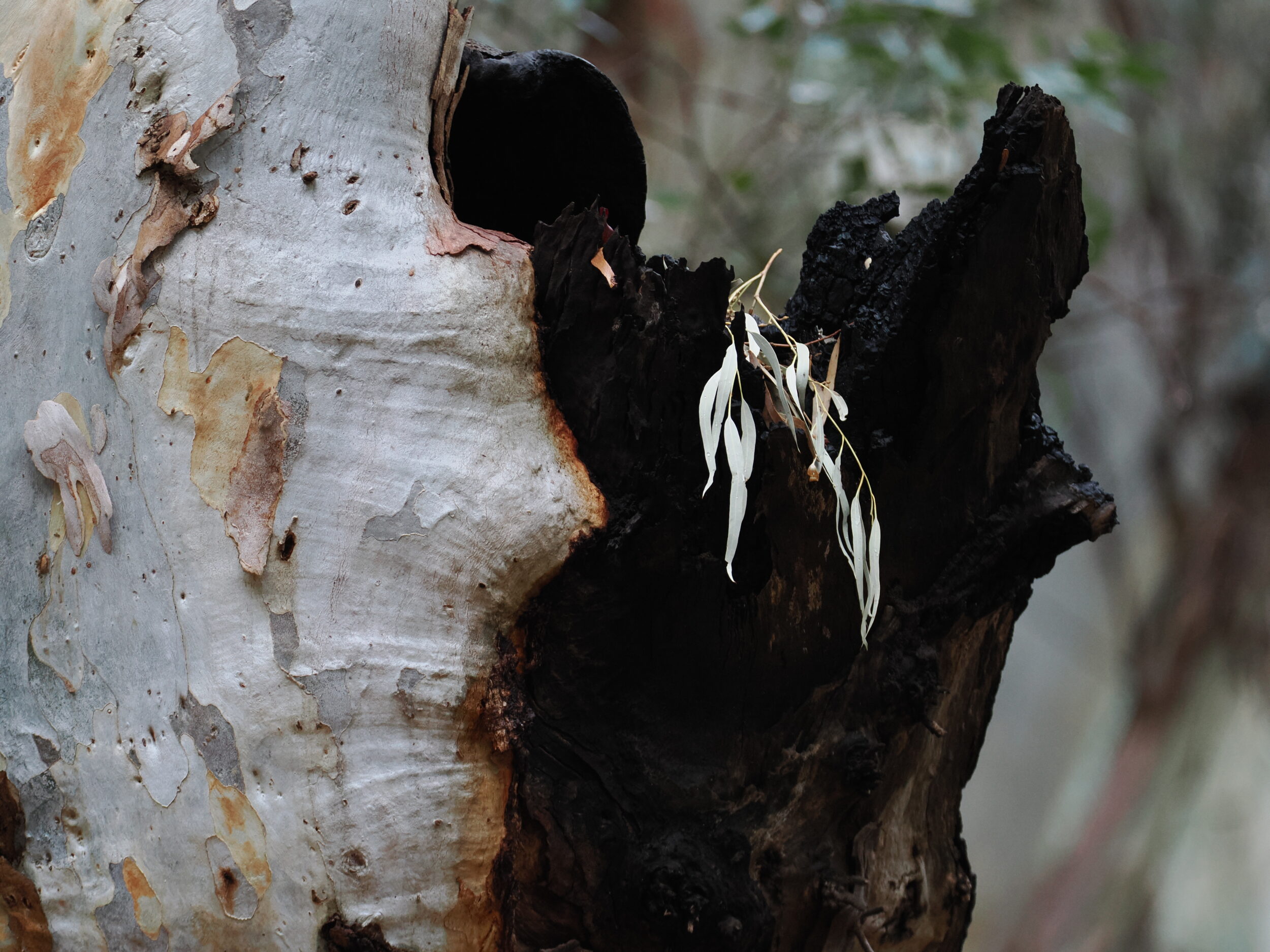For the most part, the Flinders Ranges – South Australia’s largest/longest “mountain” chain – run south-north, for more than 430 kilometres.
Of greatest interest to most tourists/travellers/walkers/nature-lovers is Ikara-Flinders Ranges National Park, most especially the section within a 30 kilometre radius of Wilpena Pound.
All of the very best locations are best accessed on foot, or only accessible by foot; many of those wonderful sites, however, are only a short and easy walk from somewhere motor vehicles can reach.
If the question is, “what places are legally, sensibly, safely accessible by motorised transport?”, the short answer is,”it all depends….”
Comments closed
